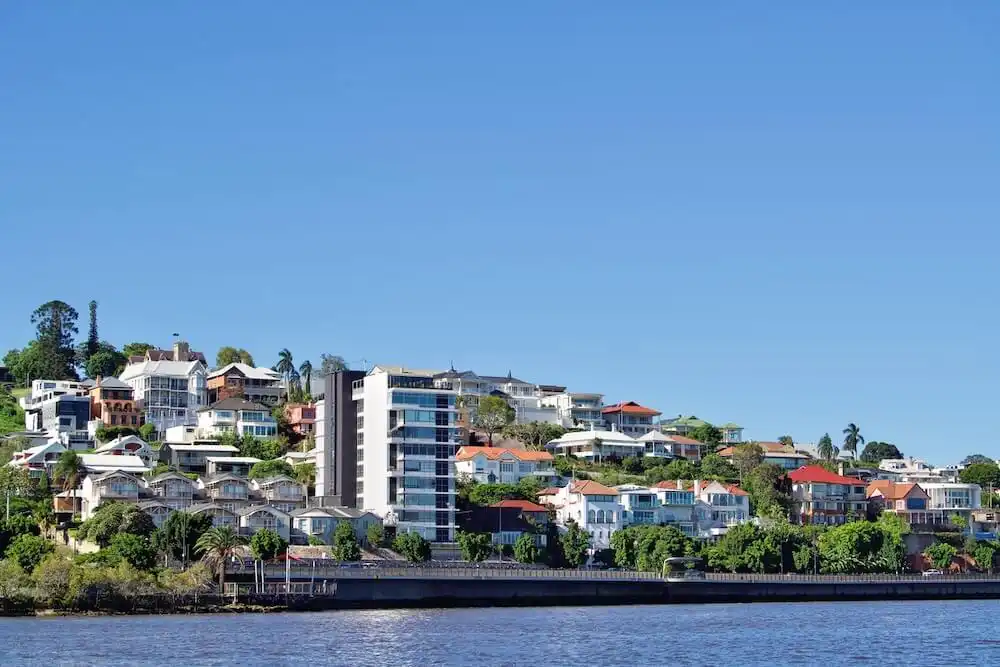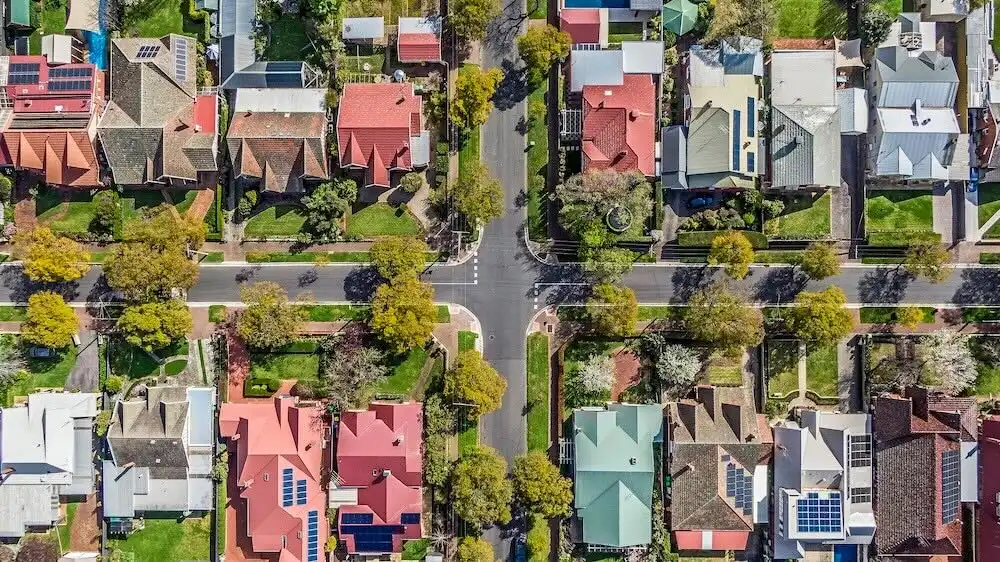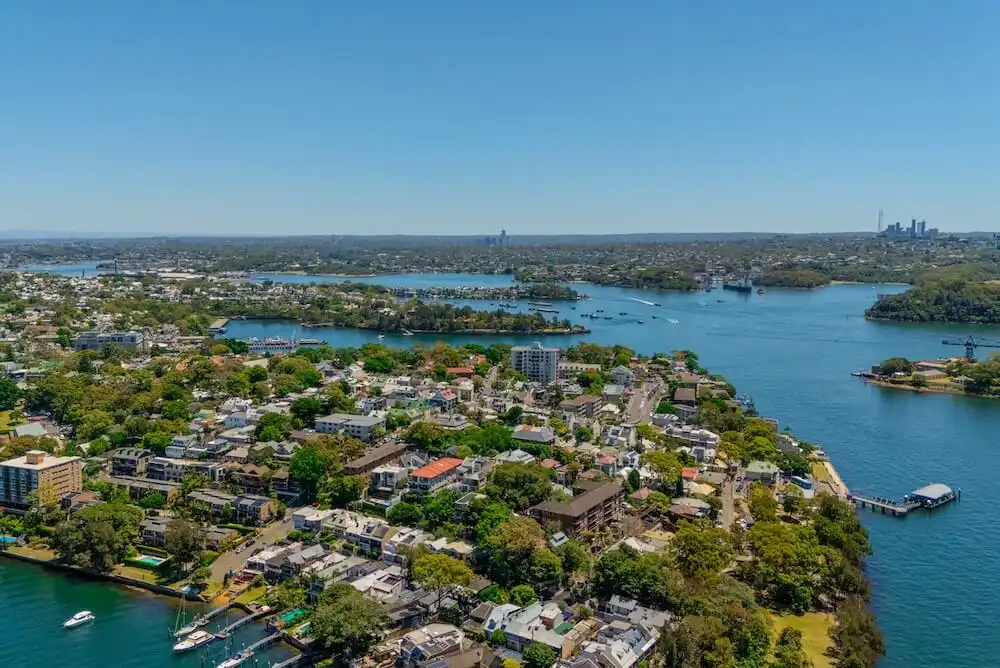Brisbane and QLD property market update - December 2020
If there is a defining theme for the Brisbane market over 2020 it has been it’s resilience in the face of a pandemic which has put a halt to interstate and international tourist arrivals for much of the year.
This has not stopped housing values in the city reaching new record highs, with property analysts agreeing that the city, as well as parts of south east Queensland, are on a trajectory of strong growth into 2021. This is against a backdrop of rising values across the major capitals, as the national home value index rose +1.0 per cent in December; the third consecutive month where dwelling values have grown.
Nationally the residential real estate market has proved remarkably resilient, despite a wobble between March and September when COVID protocols interrupted the market - but overall property prices have held steady.
This is largely due to three factors, including the relative success Australia has had controlling the virus, record low interest rates and the government stimulus that has supported businesses and individuals throughout much of the pandemic.
Now let’s take a look at the Brisbane market and how it has performed over December.
Brisbane market update
Houses
$576,338
Monthly change: +1.2%
Units
$390,785
Monthly change: +0.4%
Brisbane dwellings continued their steady, determined progress advancing +1.1 per cent over December, for a median price of $521,686. This brings the Queensland capital up +2.1 per cent for the quarter and +3.6 per cent for the year. This places it in the middle of the pack for the major capitals, a position - characterised by a steady and less volatile growth trajectory.
CoreLogic data reports that houses continue to outperform units across the city, advancing +2.1 per cent over December. Property investor and commentator Michael Yardney identifies Queenslanders’ preference for houses over units as the main reasons for this trend.
CoreLogic data reports that houses continue to outperform units across the city, advancing +2.1 per cent over December
If you are looking for suburb specific highlights CoreLogic’s Best of the Best Report 2020 identified Teneriffe (inner city Brisbane) as the Queensland suburb with the highest median house value of $1,859,323.
Michael Yardney points out that, “...in recent months houses in Brisbane have enjoyed improved demand and the number of transactions in the Brisbane housing market are higher than they were pre-Coronavirus.”
He goes on to clarify that property markets within any city are inherently fragmented, and his data shows that, “...freestanding Brisbane houses within 5-7 km of the CBD or in good school catchment zones have grown in value strongly.”
CoreLogic data appears to confirm this, with dwellings in the upper quartile up +1.25 per cent over December. Yardney cautions against investing in certain segments of the Brisbane market which have underperformed, including high-rise apartments, new and off the plan apartments and new housing estates in blue-collar areas.
Regional Victoria market update
Houses
$417,877
Monthly change: +1.5%
Units
$375,076
Monthly change: +1.0%
Like many other regional markets, high demand for property in specific Queensland hotspots like the Sunshine Coast has driven the market up +6.9 per cent over 2020. Contrast this with Brisbane metro’s growth of +3.6 per cent over the same timeframe for some perspective.
Houses dominate sales in most regional markets, and they are posting solid growth here, up +1.5 per cent over December, while units grew a respectable +1.0 per cent over the month.
Sunshine Beach on the Sunshine Coast recorded the highest growth for houses up +27.6 per cent over the year. For units, Noosa Heads has the highest median values at $898,838, while Currumbin on the Gold Coast posted the highest growth over the year advancing +24.0 per cent.
According to property forecasters Hotspotting other regional postcodes showing promise for the 2021, include Mackay, Rockhampton, Gladstone and Townsville - with a recovery in resources behind some of these locations. Toowoomba is also showing promise as new infrastructure projects stimulate the local economy.
Sunshine Beach on the Sunshine Coast recorded the highest growth for houses up +27.6 per cent over the year
Queensland rental market update
Overall Brisbane house rentals have held steady, with a drop in asking rents mainly impacting the inner-city apartment market. According to the SQM, Brisbane’s gross rental yield for houses is currently around 4.0 per cent and for units is around 5.2 per cent.
CoreLogic data indicates that West Gladstone is the Queensland postcode with the biggest change in rents over the year, up +17.4 per cent; while Mackay/Isaac/Whitsundays has the best rental yield of +14.6 per cent.
CoreLogic data indicates that West Gladstone is the Queensland postcode with the biggest change in rents over the year, up +17.4 per cent
The holiday rental market in many regional locations has been impacted by the COVID flight from cities, with rental vacancy rates in some coastal locations close to zero. CoreLogic data shows that the Gold Coast had a vacancy rate of 1.9 per cent in December ‘19, which dropped to 0.2 per cent in December ‘20. It is a similar story on the Sunshine Coast (1.9 per cent vs 0.1 per cent) and Noosa (1.8 per cent vs 0.2 per cent) over the same timeframe.
The outlook for 2021
Overall the medium/long term outlook is positive for Brisbane, with Westpac forecasting that property values could increase +20 per cent in 2022-23.
Realestate.com.au Chief Economist Nerida Conisbee believes that if low interest rates, government incentives for buyers and the Australian economy continues to reopen, ‘prospects for home sellers in 2021 are positive.’
Michael Yardney believes that property markets will perform strongly in 2021 and 2022 based on the removal of overly restrictive lending rules, the job-friendly Federal budget, and the prospect of no interest rate rises for at least 3 years.
CoreLogic’s Tim Lawless sounds a word of caution, warning that any fresh COVID outbreaks, ‘...would set back the economic recovery and have a negative, although temporary impact on housing markets.’








